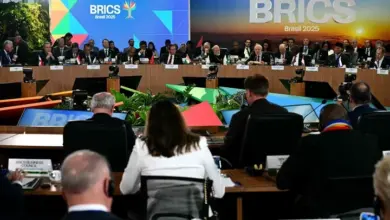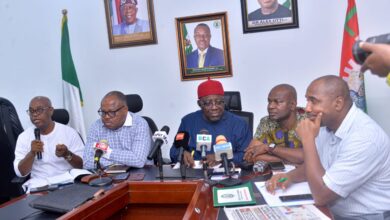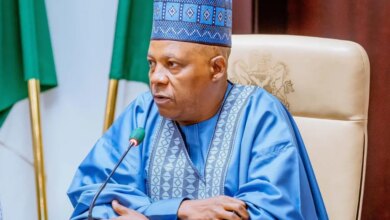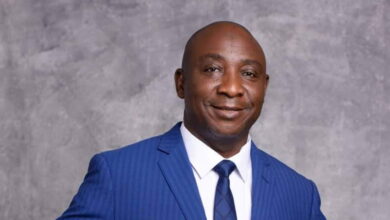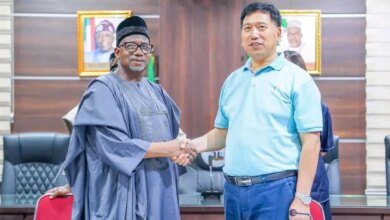Garu MP demands radical overhaul of workspaces to combat NCD crisis
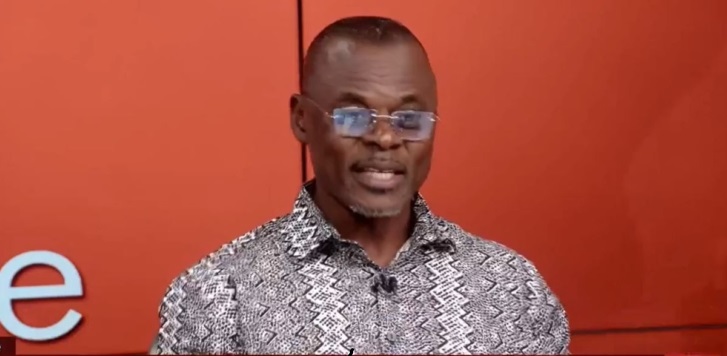

Member of Parliament (MP) for Garu, Dr. Thomas Anabah, has issued a strong challenge to employers across the public and private sectors, demanding a radical overhaul of workspaces to prioritise employee wellness and actively combat the escalating national burden of Noncommunicable Diseases (NCDs).
Dr. Anabah, a key figure at the Ghana Health and Labour Summit 2025, organised by MentalPulse Africa in Accra on October 9, asserted that the workplace must shift from being merely a centre of production to a crucial front line for health prevention.
The call comes as the World Health Organization (WHO) estimates that NCDs—including heart disease, cancer, and diabetes—account for approximately 43% of deaths in Ghana, with workplace-related stress and poor lifestyle choices being major contributors.
Chairing the summit, themed “Mobilising Against NCDs: The Role of Workplaces in Safeguarding Employees Wellness,” Dr. Anabah highlighted the direct link between poor work environments and chronic illness, citing several avoidable risk factors.
Dr. Anabah said risk factors such as stress, poor nutrition, alcohol use, physical inactivity, long working hours, and soil contamination from illegal mining are directly linked to employee health.
He emphasised that the fight against NCDs cannot be confined to the health sector alone.
“If we are truly serious about reducing NCDs’ burden, then the fight must begin not only in our hospitals and clinics; it must include our offices, our factories, our schools, and then our farms,” he stated, adding that “a healthy workforce is the foundation of a productive nation.”
He argued that neglecting employee well-being results in a decline in productivity, a rise in healthcare costs (which strain the NHIS and private insurers), and ultimately a “weakened social fabric”.
“That makes today’s conversation not only timely but also very critical. The workplace is no longer just a place for production; it’s a place for prevention, a place for protection, and a place for purpose,” the legislator declared.
Dr. Anabah stressed that making workplace health a strategic priority is in the mutual interest of all stakeholders: employers, workers, and the government.
He commended the summit organisers for launching the Employee Toolkit in Ghana’s Workplace Summit Declaration, describing it as a vital shift “from intent to action”.
“These are practical tools that do not just inspire conversation but also shape policies that can transform our work culture,” he said. “I urge every employer, public and private, to adopt them holistically, not as compliance toolkits, but as leading guidance guides for creative organisations and businesses that truly care for their people.”
He further called for a massive collaborative effort among key government agencies, trade unions (representing over 3 million workers), professional associations, and civil society to fully integrate well-being into institutional core practice.
“It requires that we make well-being part of the DNA of every institution in Ghana,” he emphasised.
The MP urged Ghana to assume a leadership role ahead of the high-level meeting on NCDs scheduled for the 80th United Nations General Assembly. He noted that demonstrating domestic success would bolster the nation’s international credibility.
“Ghana must stand ready, not merely to participate, but to lead. We must demonstrate leadership by showing that the fight against NCDs is not solely a health sector issue but that it is an economic, labour, and social justice imperative,” he said.
Dr. Anabah concluded by calling on all stakeholders to recognise the immense value of the country’s human capital.
“Let us commit ourselves to one shared vision, to build workplaces that nurture health and human dignity. To create institutions where well-being is not a privilege, but a standard,” he said, before officially launching the forum.
DISCLAIMER: The Views, Comments, Opinions, Contributions and Statements made by Readers and Contributors on this platform do not necessarily represent the views or policy of Multimedia Group Limited.
DISCLAIMER: The Views, Comments, Opinions, Contributions and Statements made by Readers and Contributors on this platform do not necessarily represent the views or policy of Multimedia Group Limited.
Source link

